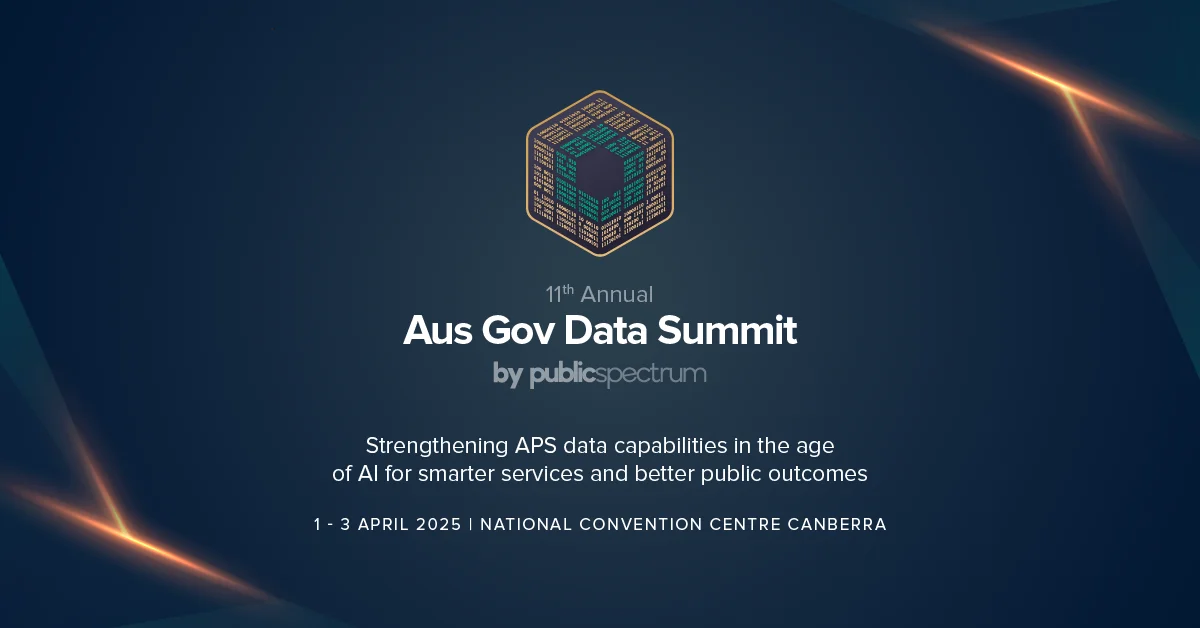The Science of Change
Share

Technology like AI, for example, where there is often a lot of hype around [the tech], but when you go and talk to CEOs, they don’t understand what it is or what benefits it can bring to their business.
– Professor Jon Whittle (incoming Data61 Director)
In this series of posts, I’ll discuss my views on the current state of the field of Data Science, and address some of the common misunderstanding, abuse, exaggeration and ignorance I’ve observed. This first post is dedicated to the ‘what’, ‘why’ and ‘how’ of Data Science – primarily from an organisational value-add perspective:
Data Science is about CHANGE.
The use of data analysis and mathematical and statistical modelling – with the aid of computational technology – to guide decision making is not new. What’s different, however, is the SCALE and ATTITUDE of its application, which combined, help effect change.
Given the significant advances in technology that have occurred over the past decade, it’s become easier and cheaper to scale how we utilise data and analytics to drive decision making. A data-driven paradigm doesn’t necessarily make decision making any easier, but it does help make better decisions.
Such growth in the use of analytics has also resulted in a shift in attitude. Most organisations have now realised the power and value of using data to inform decision making. One need just considers global tech giants to see my point.
I’ve seen and been involved in, how a data and analytics culture can have a positive impact on an organisation. I’ve also observed, however, too many wasted opportunities driven by fear of change.
So, here’s my attempt at defining Data Science:
Data Science – a discipline that leverages data, analytics and technology to affect change by helping make better decisions.
For the sake of completeness though, I must also clearly state what Data Science isn’t:
Data Science is NOT IT
In essence, it comes down to a difference between discovery vs delivery, ie trying to solve problems vs implementing solutions. This exploratory aspect makes ‘science’ the operative word in ‘Data Science’. Some senior executives assume that you can simply bundle Data Science in with IT, and manage it in the same way. Unfortunately, it isn’t that simple. This is one of the reasons why we often hear of failed Data Science projects or projects that remain incomplete with unfulfilled promises. One of the reasons is that you need to account for the experimentation component of Data Science and change your attitude towards failure. Typically, a ‘fail fast, fail cheap’ mantra is needed to ensure success, otherwise you’re restricted from an innovation and discovery perspective.
It’s also important to understand how best to position Data Science within an organisation, giving due consideration to whether will it be centralised or distributed. This decision is informed by the size of the organisation and the Data Science capability, and its composition, along with the general structure of the business. It often makes complete sense to centralise IT, as a service to the organisation, but it won’t always be efficient or suitable to do the same with your Data Science capability.
The key advantages of a centralised Data Science approach are technical support and career progression opportunities that it offers Data Scientists, with the main drawback being they are somewhat removed from the direct business.
On the other hand, the main pro of a distributed setup is actually having close and regular contact to the business, as you’re embedded in it, but this comes at the expense of feeling isolated from the broader Data Science capability, and peers who’s technical expertise you can leverage – whilst feeling part of the community. However, there are certain risks and considerations to decentralising:
An organisation needs to be sufficiently mature before it can decentralise. There also needs to be a clear line of accountability to the central unit and leader. Otherwise, it’s simply ungovernable, with people making wild claims of ‘accuracy’ and wasting time and money. And it’s not just about governance, but also: alignment, prioritisation, consistency, transparency and sufficient leadership in other areas of the organisation
– Dr Maria Milosavljevic (CDO)
To help guide the strategy, strong analytics leadership is paramount in establishing a successful, sustainable and scalable Data Science capability in an organisation. An analytically and technology savvy leader understands how to best structure the capability within an organisation, and also knows how to effortlessly navigate the realms of business and analytics/technology to drive change and deliver value.
This is where I see many organisations go wrong. They fail to realise the importance of not only having a senior data and analytics leader, ideally at the C-suite, but more importantly, someone who’s capable of the task, with a relevant background. This person needs to define the data strategy of the organisation, help improve data literacy, and create a data culture that promotes and encourages innovation and change. Ideally, they should be an exemplar of using robust data analysis, scientific rigour and logic to inform decision making. Even though it’s become common in recent times for organisations to create CDO, CAO, and similar roles, in my experience the people appointed to these roles sometimes lack the relevant technical and data literacy skills and training. This greatly hinders their ability to be truly effective and to garner the much-needed trust and respect of those who they manage and lead.
Dr Alex Antic is a trusted and experienced Data & Analytics Leader, Consultant, Advisor, and a highly sought Speaker, Trainer & Advisory Board Member.
He has 18+ years post-PhD experience and knowledge in areas that include Advanced Analytics, Machine Learning, Artificial Intelligence, Mathematics, Statistics and Quantitative Analysis, developed across multiple domains: Federal & State Government, Asset Management, Insurance, Academia, Banking (Investment and Retail) & Consulting.
Alex was recognised in 2021 as one of the Top 5 Analytics Leaders in Australia by IAPA (Institute of Analytics Professionals of Australia). He also holds several senior advisory roles across industry, government, start-ups and academia.
His qualifications include a PhD in Applied Mathematics, First Class Honours in Pure Mathematics, and a double degree in Mathematics & Computer Science.






















